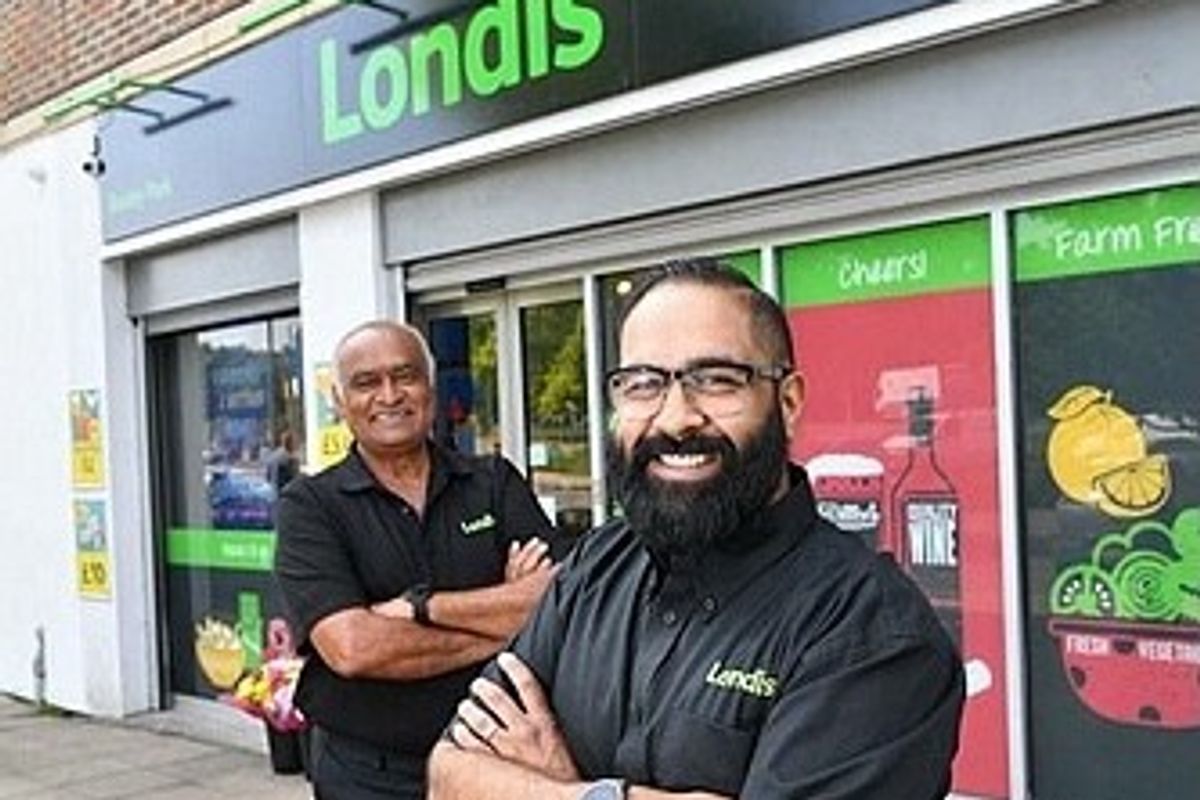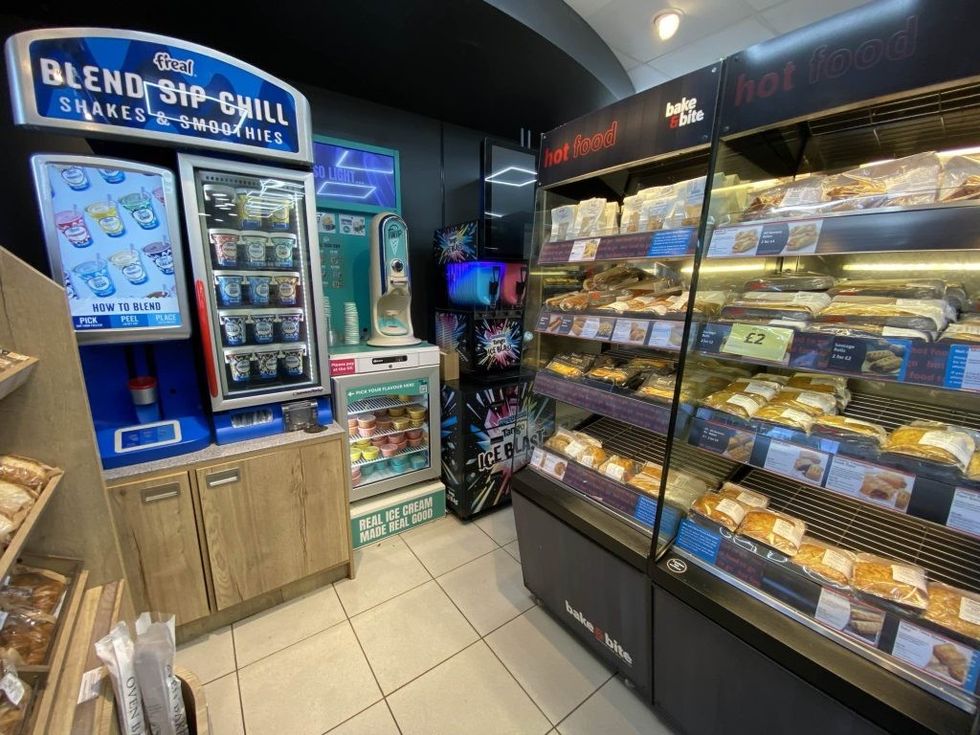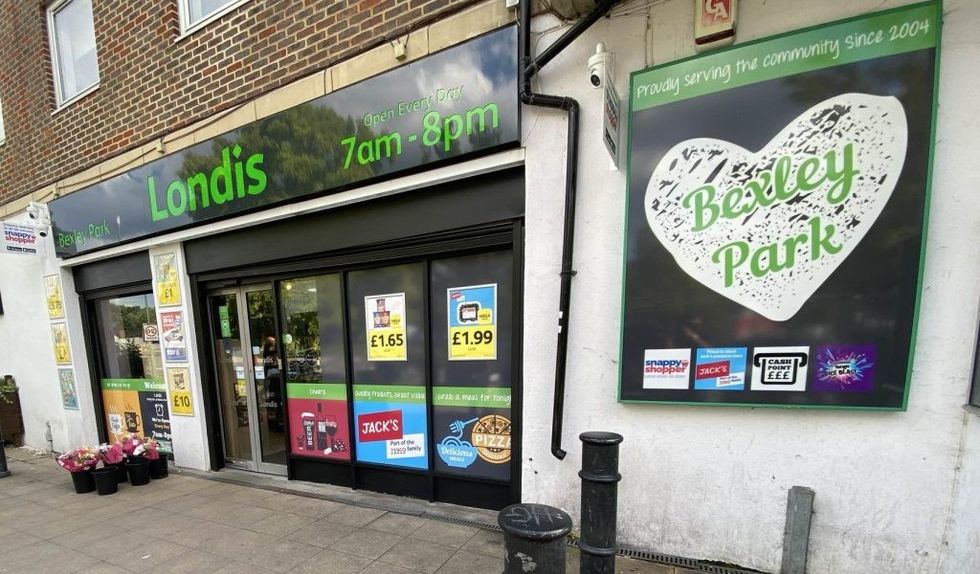Convenience stores are the lifeline in our country. Now evolving into dynamic hubs of innovation and community engagement, the channel has emerged stronger, proving that success isn't just about convenience – it's about adaptability and resilience. A prime example here is Londis Bexley Park store in far south-east London.
Dartford’s Londis Bexley Park store is far from average stores around the corner. With its matchless, well-curated and exceptional product line along with a strong presence on the internet and data-driven insights, it is a modern destination store in a true sense.
Londis Bexley Park store is today handled by retailer Nishi Patel. The store has been in his family for almost 20 years.
In a candid conversation with Asian Trader, Patel talked in detail about the store’s evolution over the decades, the peerless product line, his dynamics with technology, current issues and challenges.
Patel said, “We actually bought an empty unit and started completely from scratch. I took over the business from my dad in 2020 but I have been helping him run the store since about 2010 so overall, I have been involved with this store for a very long time.”
Over the years, the store has gone through eight to 10 refits including some major projects to keep the store fresh and in line with constantly changing needs and trends, Patel said.
Apart from its fresh appeal, what makes the store stand apart is the one-of-its-kind product line. Over the last four years, Londis Bexley store has emerged as a destination store for American confectionery and Japanese knick knacks.
Patel informed, “For us, our USP is our unique and niche product line. We keep a lot of multibuys that makes us quite well known for.”
As a cherry on the top, the store is also known for its exceptional hot food, a section that Patel has been developing and nurturing constantly depending on changing times and demand.
He said, “It has grown huge from the last 10 years from what my dad was doing. Back in the day when dad started, he used to sell 15 sausage rolls a day, and he was happy. Now we sell sausage rolls, baguettes, and wide range of sandwiches, burgers, fresh pizzas, breakfast options and meal deals. Hot foods have been one of our biggest growth areas, which is why we targeted a refit in that area in the last three years.”
Patel not only has a good grip on daily operations, but he has also made sure that the store has a good online presence as well.
Social media (Instagram, Tik Tok, Facebook) as well as Google reviews are the store’s one of the biggest footfall drivers.
He said, “Our online presence is huge. In the last two or three years, I wanted to create this store more as a destination store. So by being on social media and keeping niche products like American range (which we are the sole provider in this area) makes us more of a destination store rather than a normal store around the corner.”
With regular 5-star reviews and up to date photos, Londis Bexley Park already had a strong Google presence. Later, it also joined NearSt, a local marketing solution that helps a store attract online shoppers, to further boost the footfall.
Another cornerstone of the store’s success is its staff who has been working here for years, some spanning decades too.
“The store has had a good retention of staff over the years. Two of our colleagues have been with us for 12 years now. Everyone in the store is quite a big part of the community,” Patel told Asian Trader.
The store also sponsors local football teams and golf tournaments. There are seven tournaments arranged this year, which the store is sponsoring, Patel said, adding that the store also gives raffle prizes to local schools and support their events.
Patel has been working with Londis symbol group for a long time now.
He said, “I get to speak to a lot of Londis people behind the scenes that are doing the work. We have got good ranging Jack’s line as well. It's a mid-range product. It gives value to the customer while we also get good margins.”
Like wider industry, Londis Bexley store is also reeling under rise in retail crime though not to that great extent, thanks to Patel’s singular tactics.
The store has Veesion, an AI system that takes data from CCTV and catches swift body movements and alerts the store staff. However, it is naming and shaming that is proving quite a foolproof way to deter the criminals.
Patel explained, “What we do is if we catch someone, I reach out through social media and give him the option to come and pay for the stock that he has stolen, or we will post his pics from CCTV on Facebook and Tik Tok. Generally, the person or his employer in many cases gets back and return the product or pay the amount.”
In reference to back-to-back legislative developments, Patel added, “With the recent phased smoking generational ban and proposed restrictions on vapes, I think it's only going to put more pressure on our staff resulting in more violence and more anti-social behavior.
“It feels as if convenience channel is under attack, and we are being squeezed constantly.”




